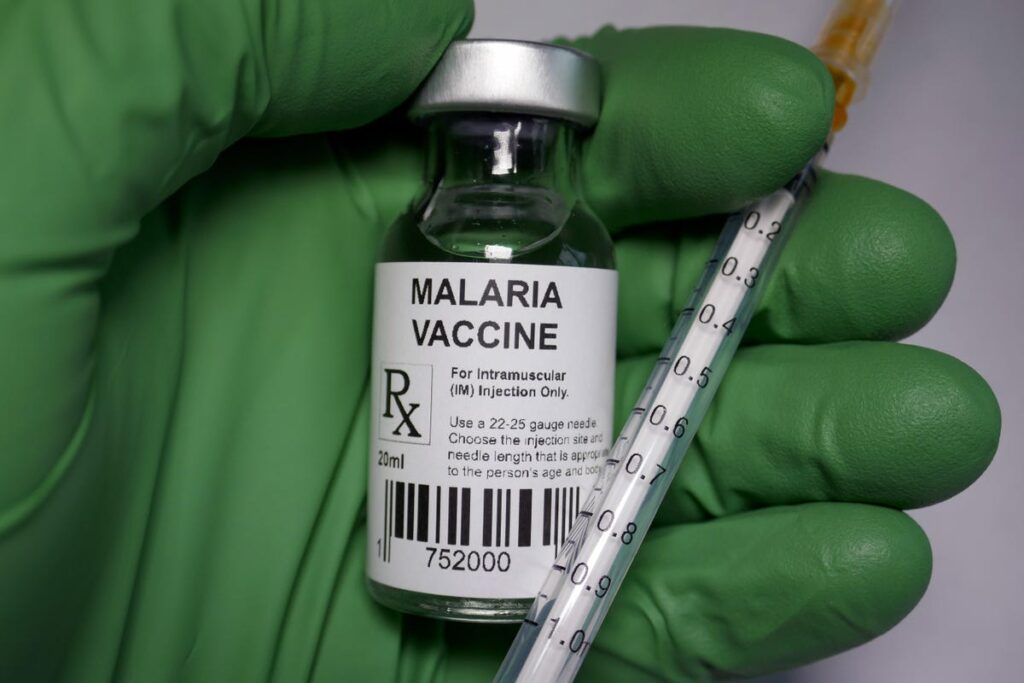At the centre of Kimogoi Dispensary Hamisi Sub-county in western Kenya, mothers bring their children to receive the jab. Kenya is one of three countries, along with Ghana and Malawi, where the RTS,S malaria vaccine is already in use.
The Director General for Health details the vaccination campaign. “We have so far vaccinated close to four hundred thousand children,” Patrick Amoth said.
“In Vihiga county alone at least twenty-five thousand children have been vaccinated against malaria. Within these areas, there has been a substantial reduction in deadly, severe malaria, a drop in child hospitalizations, and a reduction in child deaths.”
Isabella Osido says, vaccination has changed everything for her daugther, Faith. Malaria is an acute febrile illness caused by parasites, which are spread to people through the bites of infected mosquitoes. According to the World Health Organisation, the RTS,S vaccine acts against Plasmodium falciparum, the deadliest malaria parasite globally and the most prevalent in Africa.
“Since I gave birth to Faith, at the beginning she was always sick with malaria.”
“She could treat at a rural clinic, and when I saw the writings of vaccines on the wall I asked the doctor who told me that they were for malaria, and that when Faith gets to the age of six months, she would receive it, then seven months until twenty-four months. When she finished the doses for Vaccine, the doctor forgot my name (meaning she has never gone back to the hospital with malaria again).”
Read More: Antonio Guterres Reveals The World Failing to Achieve Gender Equality
The extension announcement by the Ministry of Health on Monday (Mar. 6), follows a recommendation from the National Immunization Technical Advisory Group for use of vaccinaton within Kenya’s lake-endemic region and the WHO recommendation for broader use of the vaccine among children in sub-Saharan Africa and in other regions with moderate to high malaria transmission.
